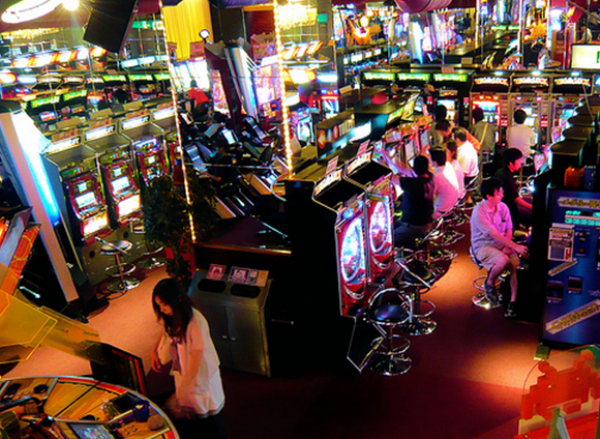Japan's Gambling Bill Stalls Following Political Unrest

The push to legalise casino gambling in Japan has stalled once again following a fresh batch of political scandals. Despite Prime Minister Shinzo Abe's desire to have the industry regulated before the end of 2014, it now seems that a new gaming bill won't be passed until the start of 2015 at the earliest.
Part of Abe's desire to push the regulation of casinos in Japan is to help the country's economy ahead of the 2020 Olympic Games. In the Prime Minister's opinion, if Japan can legalise casino gaming and build a host of new venues before the Games begin, it will create an important new revenue stream for the country.
Political Unrest for Abe
However, following the resignation of two Liberal Democratic Party minsters in October, it now seems support for Abe's bill is waning. Despite members of the coalition between the Prime Minister's Liberal party and the Komeito party supporting casino gaming, there's certainly not a majority vote.
The negative political ramifications of a botched gambling bill would be disastrous for those who supported it, as well as Japan as a whole, and for this reason many ministers are now wary of publically supporting the Prime Minister. Moreover, with Abe now facing fresh attacks following the internal scandals that led to the resignation of two cabinet members, the time for pushing gambling reforms will have to wait.
Of course, at present, companies such as 32Red Japan, Bet Victor and Bet365 are serving Japanese players in the virtual realm; however, it's the live arena that Abe wants to reform. Knowing that the combination of live and online casinos could mean massive revenues for the country, he wants the industry to be up and running well before the Olympic Games get underway.
Frustration and Relief in Equal Measure
Unfortunately, the negative press surrounding his political reign has prompted many supporters of the bill to stay silent. In fact, many are reportedly welcoming the delay in regulating the industry thanks to the unstable political environment. Indeed, some ministers have told the media that it's better to have the bill delayed than buried under the collateral damage of the current political earthquake.
In addition to Japan's Prime Minister feeling the frustration of the country's gambling bill experiencing yet more resistance, gaming operators in the country are also desperate to see a change. At present, offshore operators, such as 32Red, are attracting huge numbers in the virtual world. However, if live casino venues can obtain a licence then it would give them an opportunity to tap into a market that's projected to be worth $40 billion each year.
On top of giving operators a chance to offer their own services on the ground, a newly regulated market would offer a slew of opportunities for a hybrid gaming economy. Like the one that's currently evolving in the US, the Japanese market could create a network of cross-platform collations between live and online operators that would expedite the industry's growth.
Off the Table Indefinitely
However, despite the opportunity for increased tax revenues from a blossoming new industry, it seems the political fragility of Abe's coalition government will force the issue off the table for the foreseeable future. In fact, according to a recent report by Reuters, sources close to the situation have stated that casino gambling in Japan could be off the menu for up to four years.
"If they can't pass it now, I doubt whether they'll ever be able to pass it," a source connected to the issue told Reuters.
Although supporters of the bill, including the Prime Minister, will be hoping for a speedy resolution to the debate, it appears as though any hope for a decision before the 2020 Olympics is slim.
Of course, the way in which the political landscape can change is notoriously temperamental, but for the bill to have any significant impact on the Games it would need to come into effect sooner rather than later.
As Japan Stalls, US Moves Forward
While Japan is currently struggling to push through a new gambling bill, it seems as though the US moved a step closer to a regulated sports betting market recently. Although New Jersey is still in the midst of a legal fight against four major sports leagues (the NHL, NFL, NCAA and NBA), the NBA's Commissioner, Adam Silver, recently penned an article in the New York Times supporting the industry.
Despite the league's opposition to New Jersey's move to legalise sports betting in the state, Silver said that if a federal law can be agreed upon then it would help sports across the US. Citing Europe as an example where sites such as 32Red, William Hill and Paddy Power, offering legitimate sports betting platforms, Silver believes that if properly regulation can be enacted then it would help destroy the black-market and satisfy an obvious for wagering on sports in the US.













